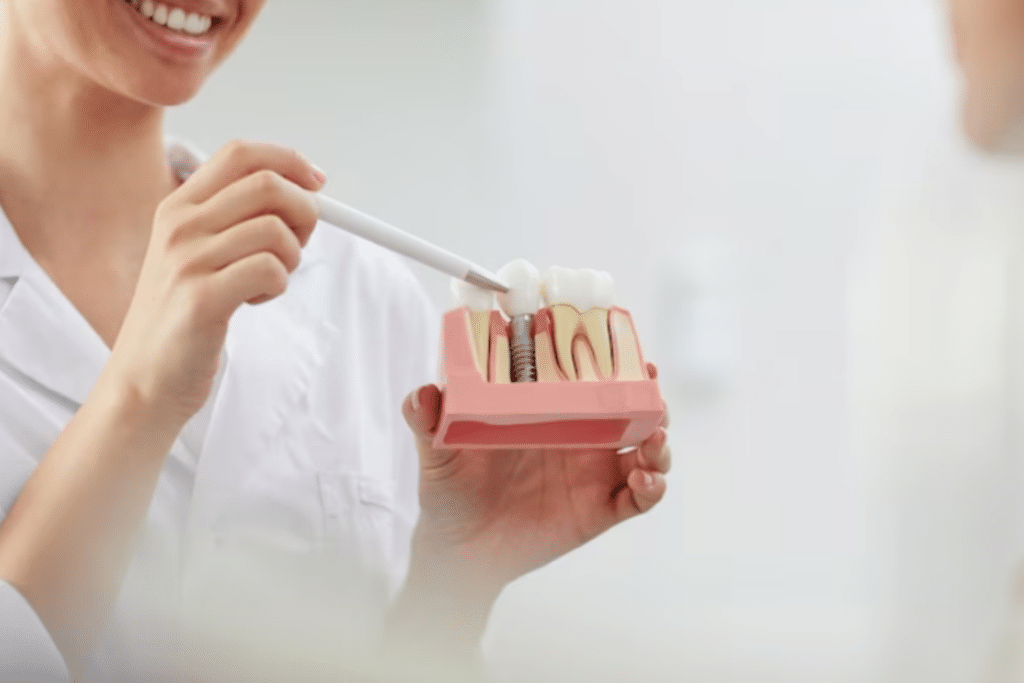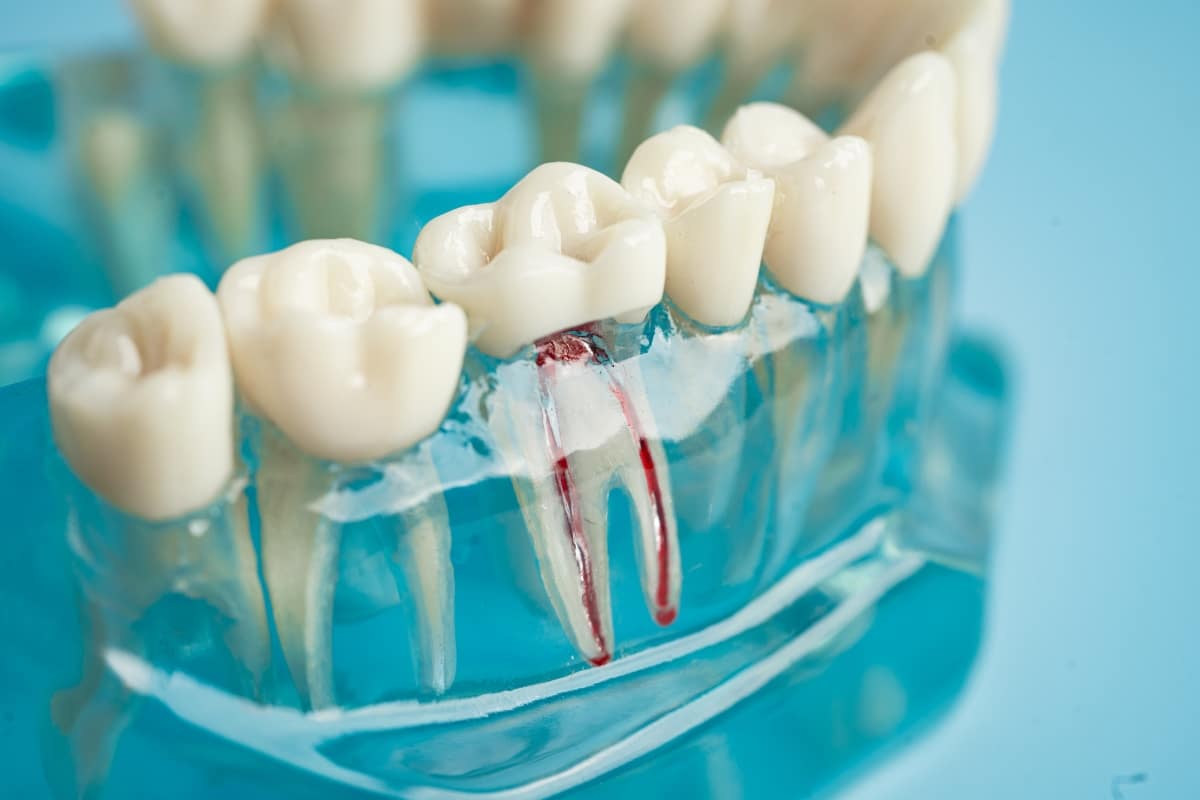Same-day treatments are available.
Ultimate Guide: How to Care for Dental Implants for Longevity

Dental implants have become a popular choice for replacing missing teeth due to their durability and natural appearance. Whether you’ve recently undergone dental implant surgery or are planning to, understanding how to care for your implants is crucial for their long-term success and your oral health. In this comprehensive guide, we’ll cover everything you need to know about maintaining and preserving your dental implants.
Understanding Dental Implants
Before diving into care tips, let’s briefly discuss what dental implants are and how they work. A dental implant is a small titanium post that serves as a replacement for the root of a missing tooth. It is surgically placed into the jawbone, where it fuses with the bone through a process called osseointegration. This integration provides a stable foundation for an artificial tooth (crown), bridge, or denture.
Importance of Proper Care
Proper care of dental implants is essential for several reasons:
- Longevity: Dental implants are designed to be a permanent solution. With proper care, they can last a lifetime.
- Oral Health: Maintaining good oral hygiene around dental implants reduces the risk of complications such as infections and gum disease.
- Financial Investment: Dental implants can be costly. Taking care of them ensures you get the most out of your investment.

Tips for Caring for Your Dental Implants
1. Follow Proper Oral Hygiene Practices
Good oral hygiene is critical for the longevity of dental implants. Here’s how to maintain it:
- Brushing: Brush your teeth at least twice a day using a soft-bristled toothbrush. Pay attention to cleaning around the implant and gum line.
- Flossing: Use dental floss or interdental brushes to clean between teeth and around the base of the implant. Proper flossing removes plaque and food particles that can lead to gum disease.
- Antimicrobial Mouthwash: Rinse with an antimicrobial mouthwash to reduce bacteria and plaque around the implants.
2. Visit Your Dentist Regularly
Regular dental check-ups are essential for monitoring the health of your implants. Your dentist will:
- Perform Professional Cleanings: Professional cleanings remove plaque and calculus (tartar) that cannot be removed by brushing and flossing alone.
- Assess Implant Stability: Your dentist will check the stability and condition of your implants during each visit.
3. Protect Your Implants
Certain habits and behaviors can affect the longevity of your dental implants:
- Avoid Chewing Hard Objects: Refrain from chewing on hard items such as ice cubes, pens, or nuts, as this can damage the crown or implant structure.
- Quit Smoking: Smoking can compromise healing after implant surgery and increase the risk of implant failure. If you smoke, quitting will improve the longevity of your implants and overall oral health.
4. Monitor Your Oral Health
Pay attention to any changes in your oral health and contact your dentist if you notice:
- Swelling or Pain: These could indicate an infection around the implant site.
- Loose Implant: If you feel movement or instability in your implant, seek immediate dental care.
5. Maintain a Healthy Diet
A balanced diet supports overall oral health and the longevity of your dental implants. Consider the following tips:
- Limit Sugary Foods: Sugary foods and beverages can contribute to plaque formation and increase the risk of gum disease.
- Eat Nutrient-Rich Foods: Foods rich in vitamins and minerals, such as fruits, vegetables, and lean proteins, promote healing and support healthy gums.
Caring for your dental implants requires a commitment to good oral hygiene, regular dental visits, and healthy lifestyle choices. By following these tips, you can ensure that your dental implants remain strong, functional, and aesthetically pleasing for years to come.
Remember, every patient’s dental care needs are unique. Consult your dentist for personalized advice on caring for your dental implants based on your specific oral health status and lifestyle habits.

7 Foods and Drinks to Avoid After Professional Teeth Whitening in Cypress

What to Expect After a Root Canal Treatment in Cypress



